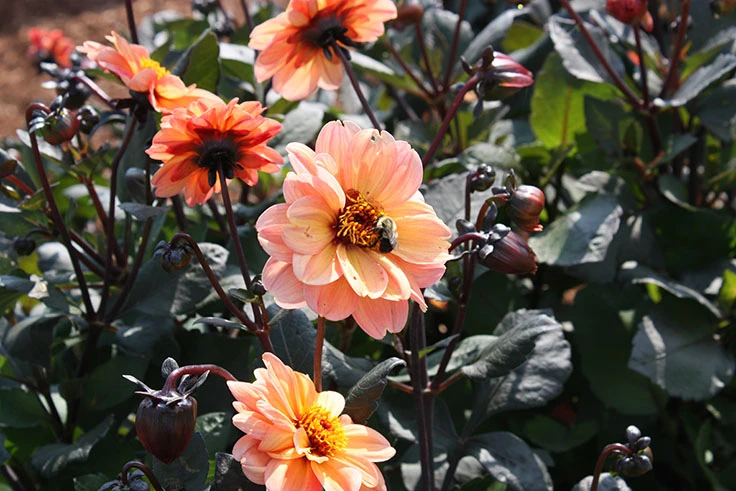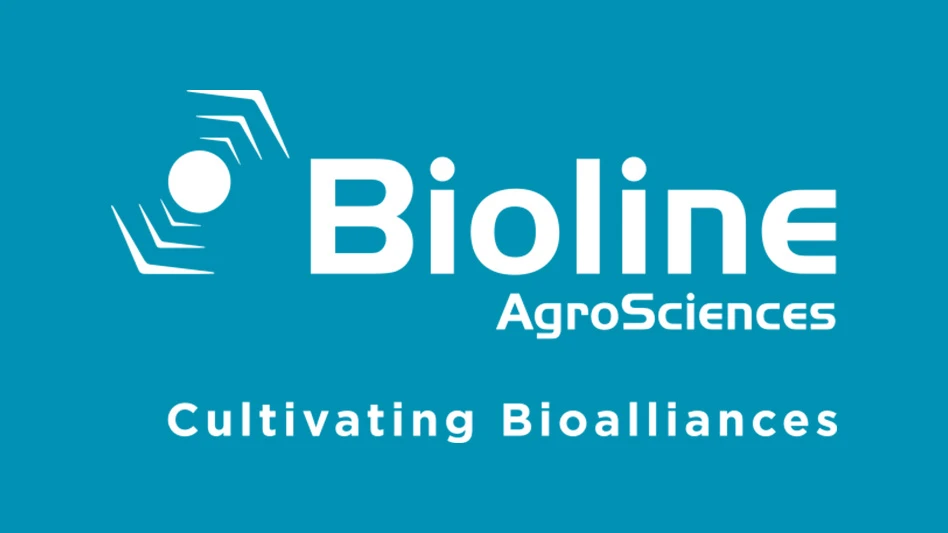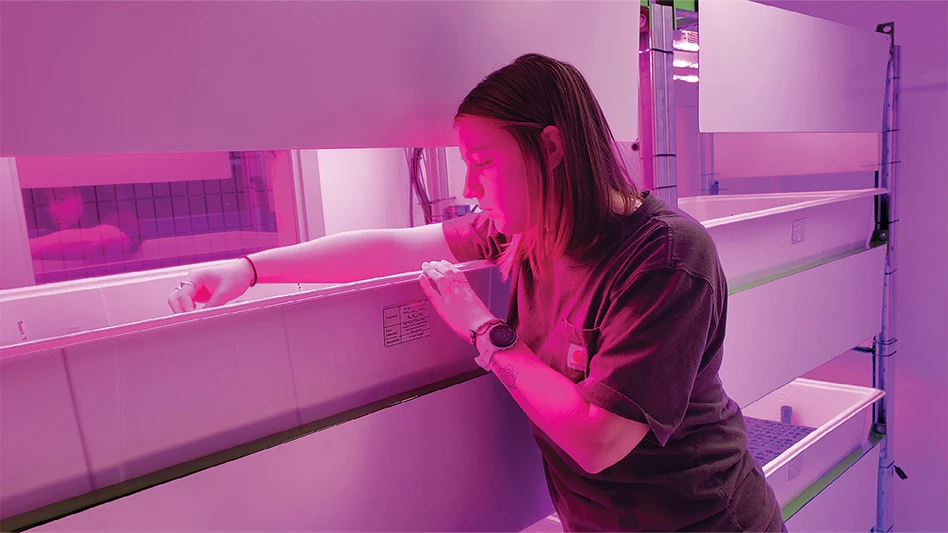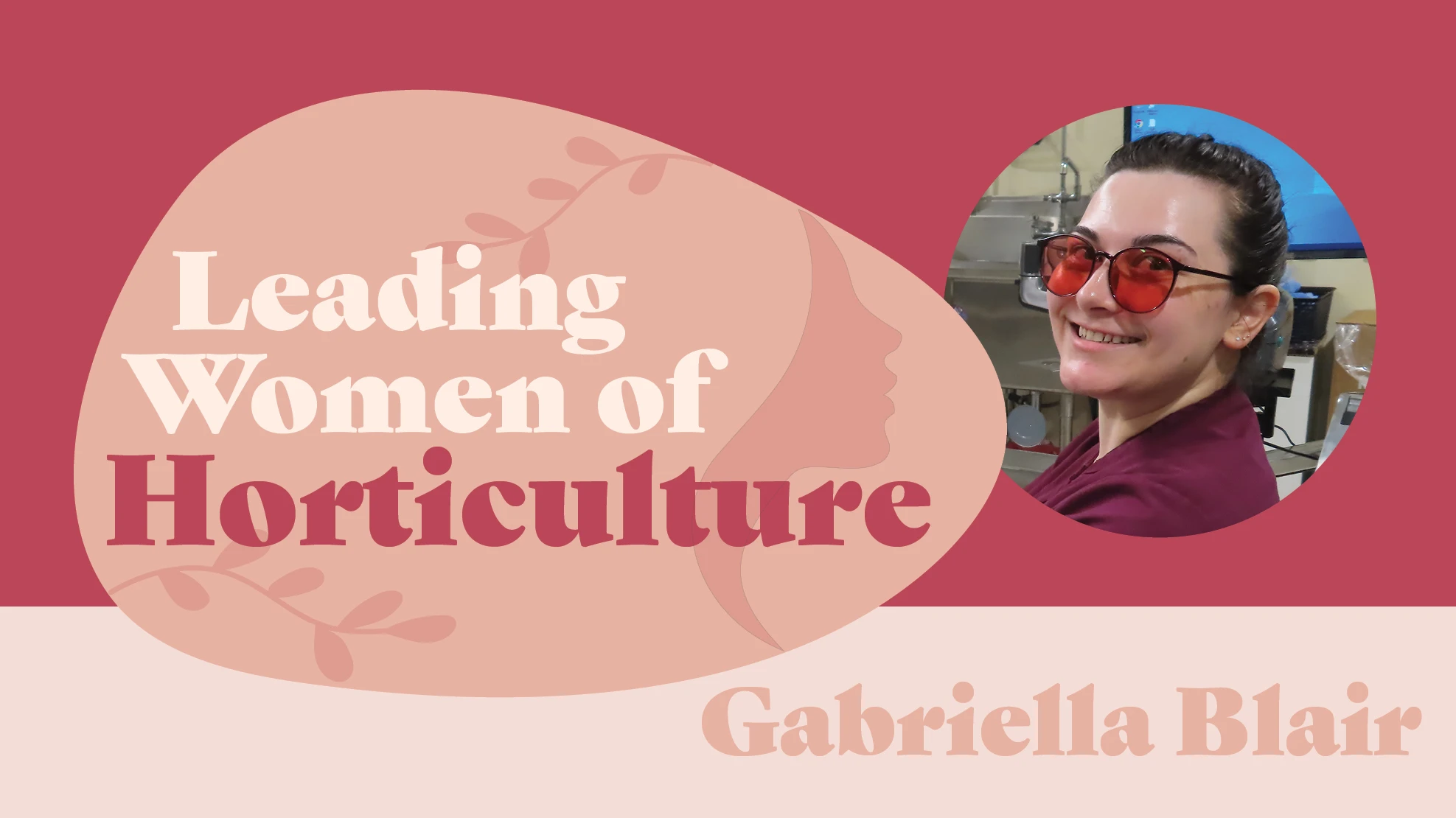
While neonicotinoid pesticides can harm honey bees, a new study by Washington State University researchers shows that the substances pose little risk to bees in real-world settings.
The team of WSU entomologists studied apiaries in urban, rural and agricultural areas in Washington state, looking at potential honey bee colony exposure to neonicotinoid insecticides from pollen foraging. The results were published in the Journal of Economic Entomology this spring.
After calculating the risk based on a “dietary no observable adverse effect concentration” – the highest experimental point before there is an adverse effect on a species – of five parts per billion, the study’s results suggest low potential for neonicotinoids to harm bee behavior or colony health.
For more information, click here.
Photo by Cassie NeidenLatest from Greenhouse Management
- CEA Alliance celebrates bipartisan introduction of Supporting Innovation in Agriculture Act
- Dümmen Orange North America celebrating 25th anniversary in 2025
- CEA HERB Part 1: Best management practices for culinary herbs
- Lawsuit challenges new H-2 visa rules
- CEA HERB Part 2: A guide to increasing the sowing density of culinary herbs
- Illinois Landscape Contractors Association changes name to Landscape Illinois
- 2025 Proven Winners Horticulture Scholarship applications now open
- ICL’s Gemini Granular herbicide now registered for use in California






